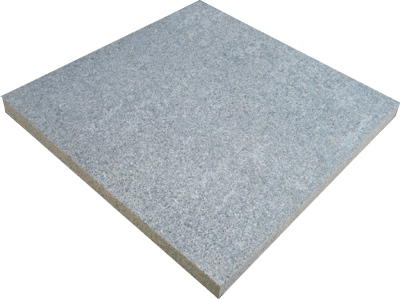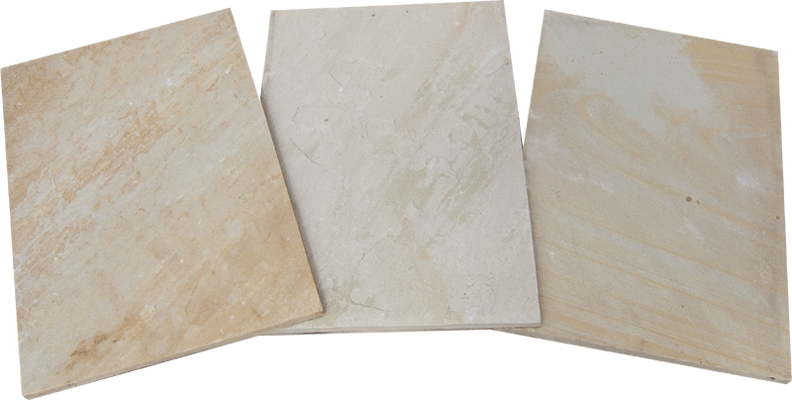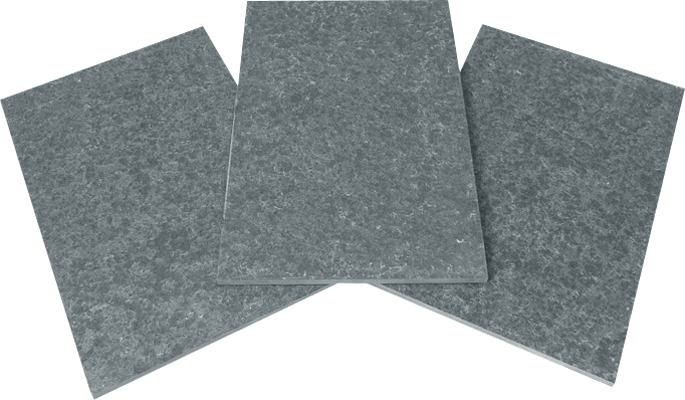NATURAL STONE POOL PAVERS & PAVING OPTIONS
Stone Paving Requirements for Pools
Based on independent test results, we believe that there are nine products that excel on each of the criteria listed below
STONE PAVING CRITERIA
Stone paving for use around professionally designed and constructed pools must have the following characteristics:
High density
Low water absorption rates
High flexural strength especially when wet
Good slip resistance
High resistance to salt attack (salt water pools)
Exceptional durability
BELLSTONE HAS A GOOD POOL PAVING RECORD
The staff at Bellstone have worked very hard for over 20 years to help customers get good results with their stone pool paving projects with really good results and glowing reports. Over the last 10 years I can recall three problems with the use of our stone used around pools. In each case they were salt water pools and each involved sandstone. Problems rarely occur in traditionally chlorinated pools. In one case, the owner applied a surface sealant that was not suitable for stone and the surface of the sandstone started pitting. In a second case the steep site was not properly drained with rising moisture leaving stains causing "picture framing" of some but not all pieces of stone. The worst pieces affected were at the foot of stairs that descended on to the pool deck. The risers were badly stained. In the third case, the tiler appeared to have used hydrochloric acid to clean away grout stains and did not hose off and neutralise the acid which continued to eat into the stone matrix for some hours leaving blotchy stains. Acid should not be used to clean stone it is too risky.
BEWARE OF SPILLING CHEMICALS
Be very careful when you add salt, chlorine or hydrochloric acid to your pool because if you spill any on the stone surface without hosing them off quickly, stains may appear.
SEALING STONE IS A GOOD IDEA
Sealing stone with a really good quality sealant such as Aqua Mix Sealers Choice Gold is a good idea because it will provide protection for 10+ years if looked after. Never use a topical or surface sealer on stone because if salt gets into the stone matrix from below it will be trapped there and may cause delamination.
SALT CAN BE A TROUBLEMAKER!
Salt is corrosive and can damage stone which is why the test result for salt resistance is so important. Salt can enter the stone from the surface due to splashing. This is quite normal and rarely causes problems especially if sealed with a high quality penetrating sealer. Salt that enters the underside of the stone pool coping can be problematic. The right adhesive (e.g. Ardex X77 & E90) is vital. As an insurance, pool copers should be thoroughly sealed as well. Poorly drained pool sites can cause problems as well especially on slopes that have been cut and filled. Many soils are inherently saline at depth. Rain may dissolve salts and move into concrete substrates laterally under hydrostatic pressure. The design and construction of the pool and deck is really important.









